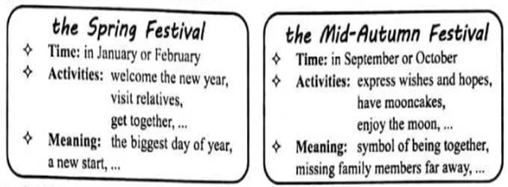阅读理解
My father was German, but he worked in England. He married my mother, who was English. Her family name was Robinson, so when I was born in 1632 in England, they called me Robinson, after her.
My father did well in his business and I went to a good school. He wanted me to get a good job, and live a quiet, pleasant life. But I wanted adventure and an exciting life.
"I want to be a sailor and go to sea", I told my mother and father. They were very unhappy about this.
"Please don't go." my father said, "You won't be happy you know. Sailors have a difficult and dangerous life." And because I loved him, and he was unhappy, I tried to forget about the sea.
But I couldn't forget, and about a year later, I saw a friend in town. His father had a ship and my friend said to me, "We are sailing to London tomorrow. Why don't you go with us?"
On September 1, 1651, I went to Hull and the next day we sailed for London.
But, a few days later, there was a strong wind. The sea was rough and dangerous, and the ship went up and down, up and down. I was very ill, and was very afraid.
"Oh, I don't want to die!" I cried, "I want to live! If I live, I will go home and never go to sea again!"
The next day the wind stopped, and the sea was quiet and beautiful again.
"Well, Robinson," my friend laughed, "How do you feel now? The wind wasn't too bad."
"What!" I cried. "It was a terrible storm."
"Oh, that wasn't a storm," my friend answered, "Just a little wind. Forget it, come and have a drink."
After a few drinks with my friend, I felt better. I forgot about the danger, and made up my mind not to go home. I didn't want my friend and family to laugh at me!
I stayed in London for some time, but I still wanted to go to the sea. So, when the captain of a ship asked me to go with him to Guinea in Africa, I agreed. And so I went to the sea for the second time.
It was a good ship, and everything went well at first, but I was very ill again. Then when we were near the Canary Islands, a Turkish pirate (海盗) ship came after us. They were famous thieves of the sea at that time. There was a long, hard fight, but when it finished, we and the ship were prisoners. The Turkish captain and his men took us to Sallee in Morocco. They wanted to sell us as slaves (奴隶) in the market. But in the end, the Turkish captain decided to keep me for himself, and took me home with him. This was a sudden and terrible change in my life.

